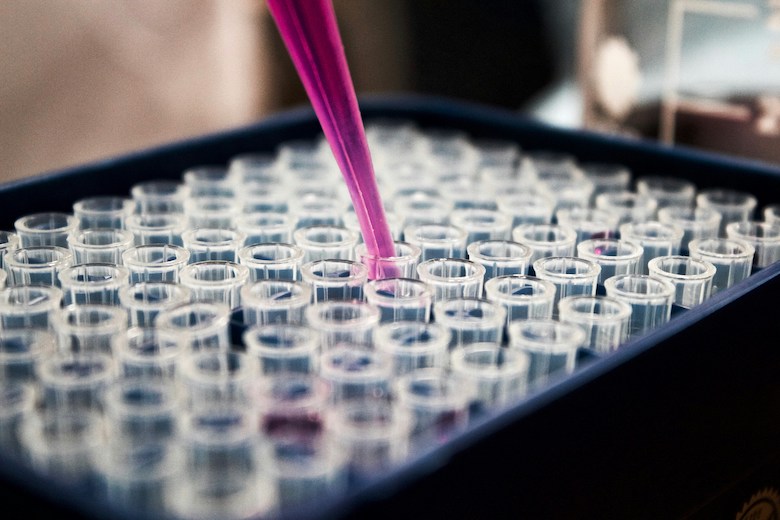
Artificial Intelligence (AI) is increasingly being utilized in the realm of scientific research, with its applications spanning a broad range of areas. These include expediting the creation of pharmaceuticals and drugs, enhancing the interpretation of laboratory tests and medical imaging data, comprehending patient case histories, forecasting patient reactions to treatments, and revolutionizing numerous facets of the scientific process such as hypothesis generation, experiment design, and data collection. The purpose of AI is not to supplant human researchers but rather to collaborate with them in order to augment their creativity and productivity. AI tools have the capability to scrutinize vast amounts of data, discern patterns that might be missed by humans, and assist in constructing more robust hypotheses for scientific investigation.
